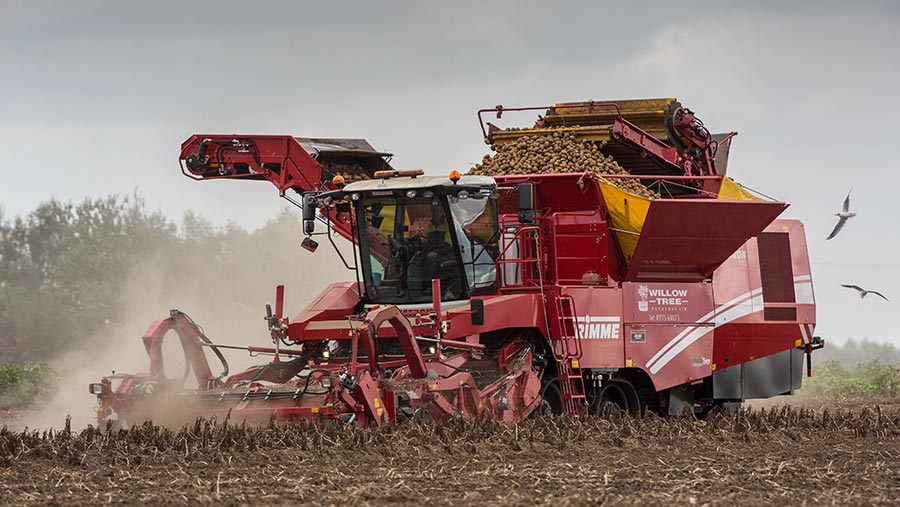Agriculture Bill threat to rural economy, peers warned
 © Tim Scrivener
© Tim Scrivener Plans to abolish direct payments to farmers after the UK leaves the European Union threaten to disadvantage rural communities, peers have been told.
The warning was issued by Tiverton and Honition MP Neil Parish as he gave evidence to a House of Lords committee on the rural economy.
See also: How Michael Gove’s Agriculture Bill will reshape UK farming
Proposals in the government’s Agriculture Bill would replace direct payments with a system of support largely based on rewarding farmers for undertaking environmental measures.
Peers asked Mr Parish on Tuesday (20 November) whether he thought the Bill had been adequately rural-proofed – meeting a government pledge not to disadvantage rural areas.
Mr Parish replied: “No, it has not been rural-proofed enough.”
Not enough farming
He said the Bill was strong on the delivery of public goods and the environment – which in many respects was good – but it didn’t deal with agriculture and food production enough.
Nor did it address how rural development money would be allocated.
“Do we actually know how that is going to work? No we don’t,” he said.
Mr Parish’s opinion is influential because he chairs the House of Commons environment, food and rural affairs committee, whose job it is to scrutinise Defra policy.
“I suppose the only thing you can say about the Agriculture Bill is that it’s a vast enabling Bill giving the Secretary of State enormous powers,” he said.
Mr Parish said it was important that the Bill recognised the rural economy.
Public payments in themselves were a useful tool but would not create a prosperous countryside without economic development linked to farming and other rural businesses.
“That is what worries me,” he said.
Scrutiny
Mr Parish’s views echo the concerns of industry leaders who say farmers will be unable to deliver environmental benefits without profitable food production.
Lord Curry asked Mr Parish whether he was comfortable with the direction of travel – and whether he believed the Agriculture Bill would help deliver an improved rural economy.
Mr Parish said the Bill contained many land management proposals that could benefit the environment but there was not enough focus on agriculture.
Proposals included using landowners to undertake flood mitigation measures, for example, but the Bill did not talk enough about meat, milk or cereal production.
Mr Parish added: “I am not quite sure that government has understood the link between [food] production and the environment.”
The House of Lords committee is due to publish its findings by the end of March 2019.
